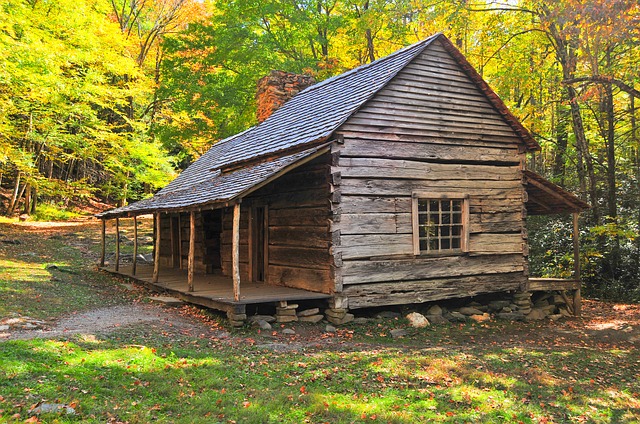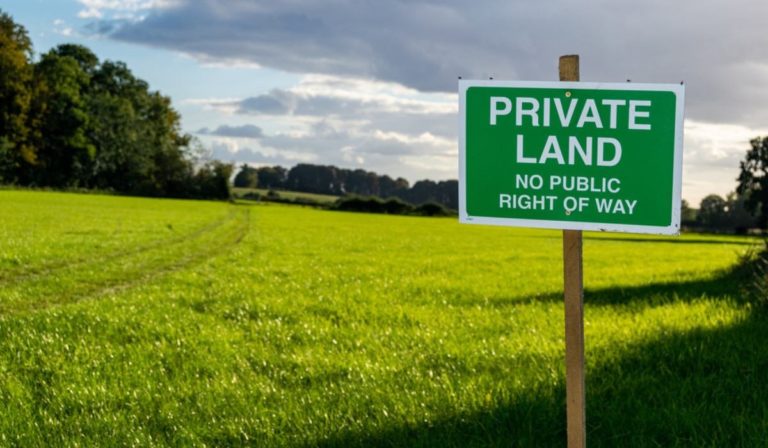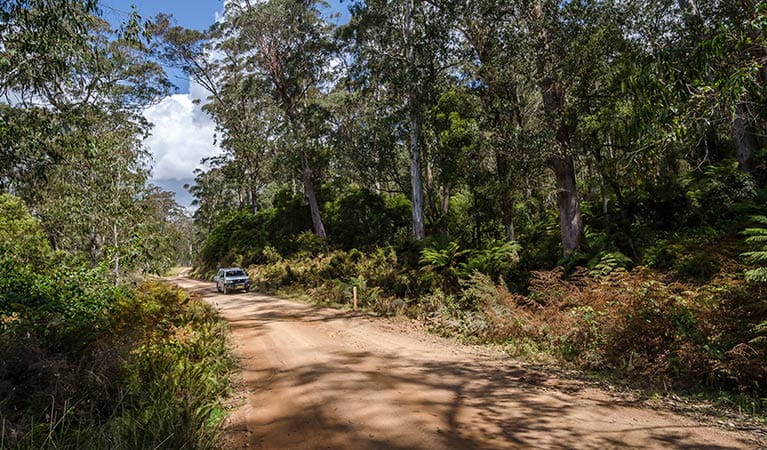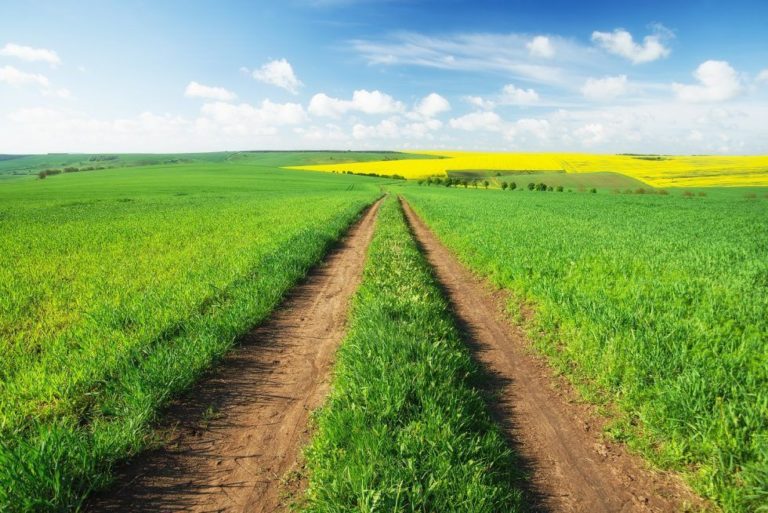Are you considering building a sustainable, off-grid home but worried about navigating zoning challenges?
The good news is that with the right knowledge and strategies, you can successfully navigate these challenges and achieve your dream of living in an eco-friendly home.
Our guide will provide you with actionable tips and insights to help you overcome common obstacles and build a self-sufficient home that aligns with your values and lifestyle.
From understanding local zoning laws to selecting the right materials, we’ll cover it all.
So, let’s get started!
Research local zoning laws and regulations
Before you start building, research the local zoning laws and regulations in your area to ensure that your off-grid homestead or farm is compliant. Look for any restrictions or limitations on land use, water usage, and energy sources.
These regulations can vary greatly depending on your location, and it is essential to ensure that your project complies with all requirements to avoid costly legal and financial repercussions.
Specifically, you should investigate any restrictions or limitations on land use, water usage, and energy sources.
This includes examining any zoning ordinances, building codes, and environmental regulations that may apply to your project.
You may need to consult with local authorities or a legal professional to ensure that you are fully aware of all relevant regulations and any necessary permits or approvals required for your project.
By doing your due diligence in this regard, you can avoid potential legal issues and ensure that your off-grid homestead or farm is safe, sustainable, and compliant with local regulations.
Know your property’s zoning designation
Make sure you understand the zoning designation of your property and what it allows or prohibits. For example, if your property is zoned agricultural, you may have more flexibility in terms of water usage and animal husbandry.
Understanding the zoning designation of your property is important in determining the allowed uses and activities on your land.
Zoning regulations define the purpose and intensity of land use, and each designation comes with specific requirements and restrictions.
For instance, if your property is zoned agricultural, you may have more flexibility in terms of water usage and animal husbandry.
You can grow crops, raise livestock, and engage in other agricultural practices that are not permitted in other zones.
However, you must still comply with specific regulations and guidelines, such as setbacks, buffers, and waste management requirements.
Failure to adhere to these regulations can result in fines, penalties, or even legal action.
Therefore, it is essential to familiarize yourself with the zoning designation of your property and understand the allowed uses and restrictions before embarking on any development or land use activities.
Consider a conservation easement
A conservation easement can help protect your property from future development and ensure that it remains agricultural or open space. This can be particularly useful if you’re concerned about the impact of future development on your land.
A conservation easement is a powerful tool for protecting your property from future development and ensuring that it remains agricultural or open space.
By donating or selling a conservation easement to a qualified organization, you can permanently limit the use of your land to agricultural or open space purposes, thereby protecting its natural and scenic values.
This can be particularly useful if you’re concerned about the impact of future development on your land, as it ensures that your property will remain untouched by the negative effects of urbanization, such as noise pollution, air pollution, and habitat loss.
With a conservation easement in place, you can rest assured that your land will remain a tranquil oasis, enjoyed by you and future generations.
Conservation easements can provide significant tax benefits, such as federal and state income tax deductions, and can even increase the value of your property by ensuring its long-term preservation.
By considering a conservation easement, you can not only protect your property, but also contribute to the preservation of natural resources and the health of your community.
Work with a zoning attorney
Zoning laws and regulations can be complex and difficult to navigate on your own. Consider working with a zoning attorney who can help you understand the law and advocate on your behalf if you encounter any issues.
Navigating zoning laws and regulations can be a daunting task, especially for those without legal experience.
The complex language and strict enforcement of these laws can make it challenging to understand and comply with them.
However, with the right support, property owners and developers can easily overcome these challenges and successfully obtain the necessary permits and approvals.
One effective way to tackle the complexities of zoning laws is to work with a knowledgeable and experienced zoning attorney.
These legal professionals have a deep understanding of the law and can help you grasp the nuances of zoning regulations.
They can provide valuable guidance on how to structure your project to meet the requirements of the zoning code, and can advocate on your behalf if you encounter any issues or disputes with local authorities.
A skilled zoning attorney can help you identify potential zoning issues before they become major problems.
They can review your project plans and advise on the best approach to obtain the necessary permits and approvals.
If conflicts arise, they can represent you in negotiations with local officials, and if necessary, take your case to court.
They provide expert knowledge, advocacy, and representation, helping you to successfully navigate the complex world of zoning laws and regulations.
By investing in the services of a zoning attorney, you can avoid costly mistakes and ensure that your project is completed on time and within budget.
Be prepared to make changes
Off-grid living and farming often requires making changes to your property to accommodate your needs. Be prepared to make modifications to your home, water systems, and energy sources to ensure compliance with local zoning laws.
Off-grid living and farming can be a highly rewarding and fulfilling lifestyle, but it does require some significant changes to your property to accommodate your needs.
One of the most important modifications you’ll need to make is to your home, as traditional homes are often not designed for off-grid living and may not be well-suited for the demands of rural life.
You may need to build a new home or renovate your existing one to include features such as passive solar design, rainwater harvesting, and alternative energy systems like solar or wind power.
In addition to your home, you’ll also need to make modifications to your water systems to ensure a reliable supply of clean drinking water.
This may involve installing a well or a water catchment system, as well as a system for treating and purifying your water.
Depending on your location and climate, you may also need to install irrigation systems for your crops, and implement measures to protect your water sources from contamination.
You’ll need to make modifications to your energy sources to power your home and farming operations.
This may involve installing alternative energy systems like solar, wind, or hydroelectric power, as well as implementing energy-efficient practices like composting toilets and heat recovery systems.
It’s important to research and comply with local zoning laws when making these modifications, as some areas may have strict regulations governing the use of certain energy sources or water collection methods.
With careful planning and preparation, however, you can create a thriving off-grid homestead that meets your needs while also preserving the beauty and sustainability of your surroundings.
Document your plans
Document your plans for your off-grid homestead or farm, including details on water usage, energy sources, and any other relevant information. This can help demonstrate your commitment to compliance and mitigate any potential issues with zoning authorities.
To ensure a successful and compliant off-grid homestead or farm, it is essential to document your plans in detail.
This includes information on water usage, energy sources, and any other relevant details that may be relevant to your specific location and zoning requirements.
By doing so, you can demonstrate your commitment to compliance and mitigate any potential issues with zoning authorities.
For instance, you should document the type and size of any water storage systems you plan to use, as well as the source of your water supply (e.g. Well, spring, etc.).
You should document your energy sources, such as solar, wind, or hydroelectric power, and provide details on how you plan to store and distribute energy throughout your property.
Other relevant information to include may include details on waste management, such as composting facilities and septic systems, as well as any other infrastructure you plan to install, such as fencing, irrigation systems, or livestock enclosures.
By documenting these details and demonstrating your commitment to compliance, you can help ensure a successful and sustainable off-grid homestead or farm.
Engage with your community
Building off-grid can be a challenging and isolating experience, but it’s important to engage with your community to ensure that you’re aware of any local regulations or restrictions. Join local advocacy groups or attend community meetings to stay informed.
Building off-grid can be a challenging and isolating experience, but it’s important to engage with your community to ensure that you’re aware of any local regulations or restrictions.
Joining local advocacy groups or attending community meetings can provide you with valuable information and support.
These organizations often have a wealth of knowledge about the area, including information on zoning laws, permitting requirements, and any potential restrictions on off-grid living.
They can offer guidance on how to navigate the local government and bureaucracy, which can be complex and time-consuming.
By engaging with your community and staying informed, you can avoid costly mistakes and ensure that your off-grid dream home is built with the necessary permits and approvals.
Furthermore, being involved in the community can also provide a sense of belonging and connection, which can be important for maintaining a healthy and fulfilling off-grid lifestyle.
Consider a remote or rural location
Building off-grid in a remote or rural location may be less challenging than attempting to do so in an urban or suburban area. In addition to zoning challenges, remote locations may present fewer logistical challenges and greater access to natural resources.
Building off-grid in a remote or rural location can be a more straightforward and feasible endeavor compared to attempting to do so in an urban or suburban area.
The reason for this is that remote locations often present fewer logistical challenges, which can significantly simplify the process of building an off-grid home.
For instance, obtaining permits and navigating zoning regulations can be less complicated in rural areas, where the legal and bureaucratic red tape is typically less strict and intrusive.
Remote locations often offer greater access to natural resources such as water, wind, and sunlight, which can be harnessed to provide energy, irrigation, and other essential needs for a self-sufficient home.
In contrast, urban and suburban areas often have limited access to natural resources and are more densely populated, making it more difficult to establish an off-grid lifestyle.
Overall, building off-grid in a remote or rural location can be a more practical and rewarding choice for those seeking a self-sufficient and sustainable way of living.
Want More? Dive Deeper Here!
Hey there! If you’re the type who loves going down the rabbit hole of information (like we do), you’re in the right spot. We’ve pulled together some cool reads and resources that dive a bit deeper into the stuff we chat about on our site. Whether you’re just killing time or super into the topic, these picks might just be what you’re looking for. Happy reading!






